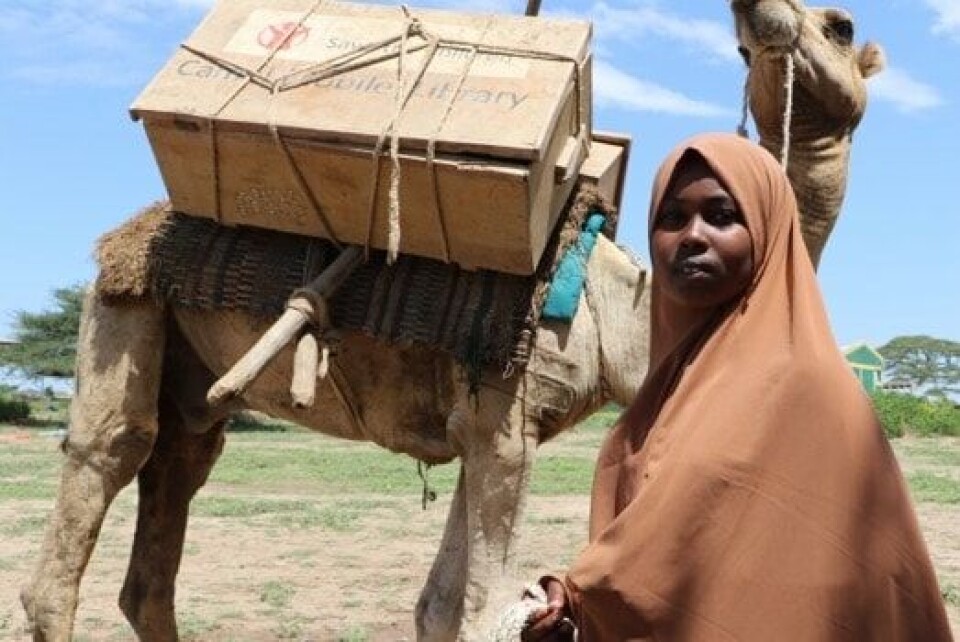Copyright : Re-publication of this article is authorised only in the following circumstances; the writer and Africa Legal are both recognised as the author and the website address www.africa-legal.com and original article link are back linked. Re-publication without both must be preauthorised by contacting editor@africa-legal.com
Saving Children’s Education

Maryam Farooqi is the global charity, Save the Children’s Philanthropy Manager for Africa and New Markets. She reflects on the impact of the last year.
Last week marked a year since the two founders of Africa Legal were in Cape Town, South Africa. Co-founder Scott Cowan sits on Save the Children’s Africa Advisory Board and after a full day Board meeting and Save the Children engagement event that same evening at the Naspers rooftop, Scott and the Board embarked on a programme visit to a school in Ashton to see the impact of Save the Children’s work and collaboration with the Tiger Brands Foundation.
This week also marks the one-year anniversary of when many of us were taken to the world of home-working. Some of us had never done it before, others sporadically. What’s fair to say is we certainly didn’t think we’d still be living in a fulltime virtual world today.
It’s been a year since many African countries imposed swift national lockdowns (faster than Europe and the United States). Many African countries did not have the luxury of imposing long-term lockdowns, or furloughing citizens - leaders were instead focused on prevention and finding their own solutions to balance social and humanitarian concerns, while also prioritising the economy.
Many schools closed early on (and remained closed). By April 2020, more than 1.6 billion learners were out of school. Before Covid, 258 million children were out of school. What this means is that the poorest and most marginalised children have been hit the hardest – 9.7 million may never return to school.
In Africa, children in low-income and fragile countries don’t always have access to the internet or devices to enable distance learning. They are teenage girls like Arsema* who also face an increased risk of violence, unwanted pregnancy or child marriage, which would rob them of their future. We know from previous crises that the longer children are out of school, the greater the risk they do not return. New analysis conducted by Save the Children examined countries most at risk of an increase in school dropouts. These included Chad, Cote d’Ivoire, Liberia, Mali, Mauritania, Niger, Nigeria and Senegal.
At the height of the pandemic, Save the Children’s camel library took remote learning to new levels by giving children out of school in some of Ethiopia’s most remote villages a unique opportunity to continue reading and learning, despite school closures. Camels can carry up to 200 storybooks at a time in wooden boxes strapped to their backs, and the project currently reaches more than 22,000 children in 33 villages.
When children miss out on education, they will feel the impact for the rest of their lives. Investing in education matters, if we are to recover from this crisis.
We have not all internalised the largest shock to the global education system in modern history. However, as vaccination programmes are underway across Africa, bolstered by the Covax initiative, more than half of countries have now received vaccines. It is hoped that with this progress, children can go back to school safely.
One year on, this is the moment for the world to take a stand and we call on the private sector to join Save the Children. As a world leading organisation, we have a credible, practical and ambitious agenda for change. Let us not allow a generation to be sacrificed because the international community failed to act.
To join Africa Legal's mailing list please click here
